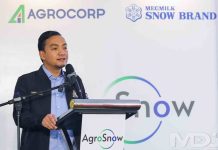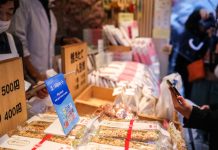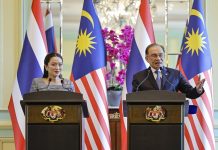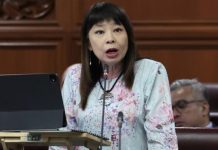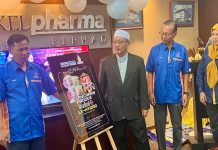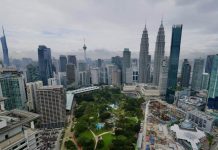
Despite experiencing challenges in adapting to market changes and regulatory shifts, Malaysia’s micro, small and medium enterprises (MSMEs) is expected to continue progressing in 2025, while Small and Medium Enterprises Association (SAMENTA) president Datuk William Ng highlighted how SMEs that have embraced digitalisation are thriving.
However, traditional business that have yet to adopt new technologies have been struggling to boost their sales, further solidifying the need for them to become digitally adept as it will be necessary to ensure their business survival in a technological era.
Ng noted that recovery post-pandemic has been encouraging, especially for SMEs in growth sectors such as semiconductors, business services, agriculture and artificial intelligence (AI).
“However, businesses in the retail sector, for example, had to contend with the emerging consumer preference for e-commerce and the involvement of foreign players, notably for China. This has led to higher rental costs and a decline in both volume and value of sales,” he said.
Additionally, Ng explained that the increased compliance requirement related to environmental, social and governance (ESG) reporting has caught many SMEs off-guard, forcing them to go through a steep learning curve to comply with requirements set by principles and customers.
He also noted how SMEs that have embraced digitalisation and AI in their operations have benefited from the flexibility that comes with the technology, as it allows them to operate from anywhere and the employees can work from home when necessary.
“Unfortunately, many traditional businesses are struggling to adapt, which has resulted in declining profit margins and stagnating sales,” he added.

Because of this, SAMENTA has conducted more than 12 seminars and events to encourage SMEs to digitalise, including in partnership with government agencies such as Malaysia Productivity Corporation (MPC), Malaysia External Trade Development Corporation (MATRADE) and SME Corporation Malaysia (SME Corp).
“We plan to intensify these efforts in 2025 to ensure more SMEs can transition successfully,” Ng pointed out.
Moreover, Ng stressed the need to broaden the narrative for SMEs, particularly since 84% are in the services sector.
“Focusing solely on industrial development and exports is not enough. We need to change the narrative from ‘Made-in-Malaysia’ to ‘Innovated-by-Malaysia’ to allow our creative economy, including SMEs involved in research and development (R&D), branding and packaging design, retail, financial services, training and distribution sectors to benefit from a stronger national brand,” he said.
Ng added that SAMENTA will continue to work with various government agencies to reduce the costs and barriers to doing business for SMEs.
“We can continue to incentivise our SMEs to get into the high growth, high-value sectors – but the majority of SMEs are more concerned about the bread-and-butter issues. Hence, keeping inflation low and reducing red tape at all levels of government, will be far more helpful than any amount of grants or incentives,” Ng said.
Speaking of incentives, Ng expressed his concern on the impacts of the government possibly removing the RON95 fuel subsidies.
“If possible, we ask the government not to remove the RON95 subsidy abruptly but to do it gradually so that SMEs can adapt and absorb the increased operational costs. Otherwise, it will cause the prices of goods to increase by around 30-50% if implemented at once,” he suggested.




